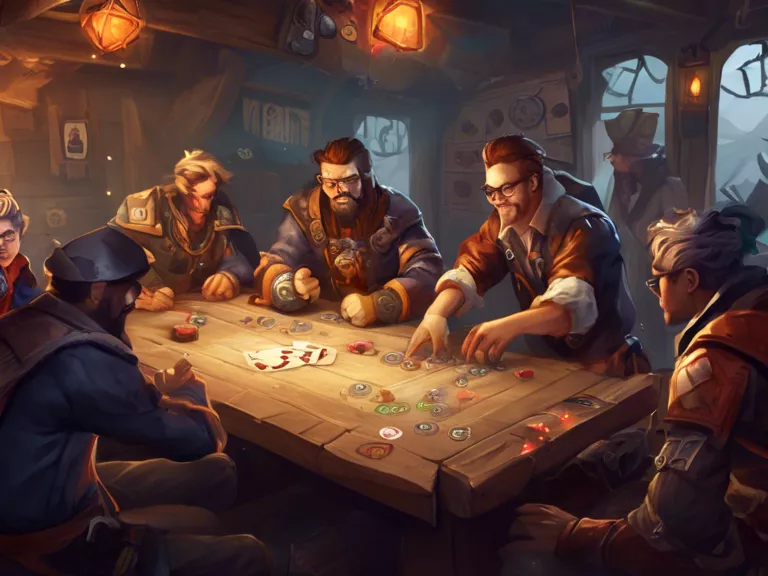
How Game Mechanics Influence Player Engagement: A Deep Dive
In the world of video games, player engagement is a crucial factor that determines the success of a game. Game mechanics play a significant role in captivating players and keeping them invested in the gameplay experience. From simple controls to complex progression systems, game mechanics influence player engagement in various ways.
Player Progression System One of the key aspects of game mechanics that affect player engagement is the progression system. By offering players a sense of growth and accomplishment, progression systems motivate players to keep playing and strive to reach the next level or unlock new content. Whether it's leveling up a character or unlocking new skills, progression systems provide a sense of achievement that keeps players engaged.
Reward Systems Reward systems also play a crucial role in player engagement. By offering players rewards for completing tasks or achieving milestones, games incentivize players to continue playing. Whether it's obtaining rare items, unlocking new content, or earning in-game currency, rewards provide players with tangible benefits that keep them engaged and motivated to keep playing.
Feedback Mechanisms Feedback mechanisms in games provide players with information on their actions and progress in the game. Whether it's visual cues, sound effects, or notifications, feedback mechanisms help players understand the consequences of their actions and make informed decisions. By providing immediate feedback, games keep players engaged and immersed in the gameplay experience.
Social Interaction Game mechanics can also influence player engagement through social interaction. Whether it's cooperative gameplay, competitive multiplayer modes, or social features like leaderboards and achievements, games offer players the opportunity to connect with others and engage in shared experiences. Social interaction enhances player engagement by fostering a sense of community and competition among players.
Challenge Challenge is another important aspect of game mechanics that influences player engagement. By providing players with difficult tasks and obstacles to overcome, games keep players engaged and motivated to improve their skills and strategies. Whether it's solving puzzles, defeating challenging enemies, or completing time trials, games that offer a suitable level of challenge keep players engaged and invested in the gameplay experience.
In conclusion, game mechanics play a vital role in influencing player engagement in video games. By incorporating elements such as progression systems, reward systems, feedback mechanisms, social interaction, and challenge, games can create an engaging and immersive experience that keeps players coming back for more.
No Website Lists.



